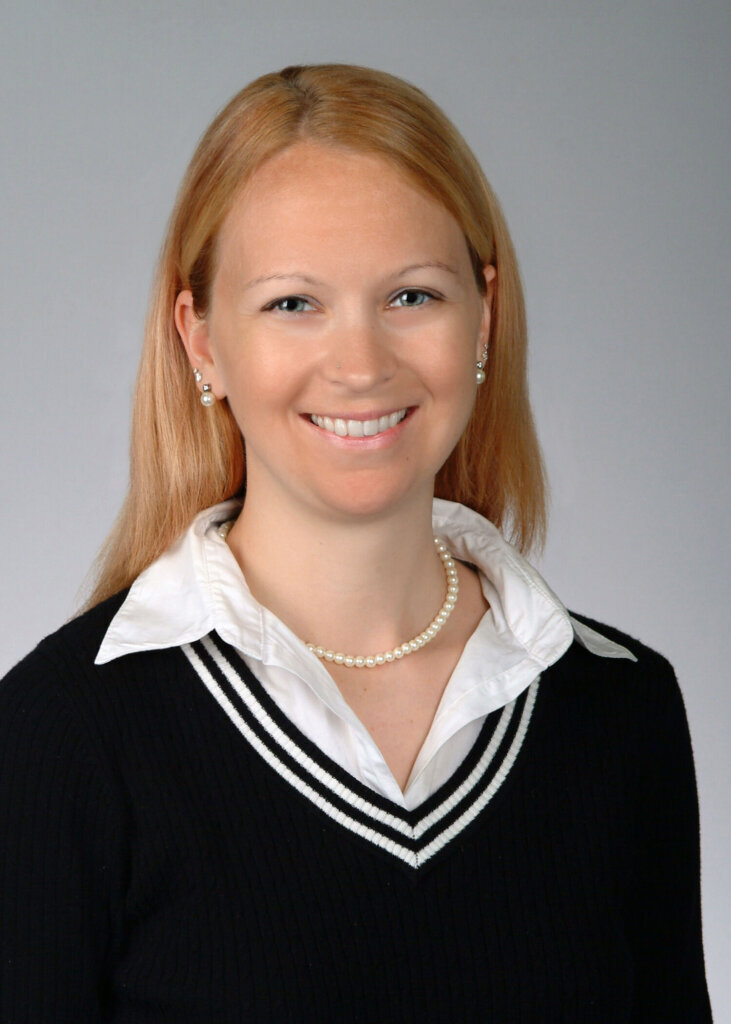People suffering from alcohol addiction can be vulnerable during the holidays. They may be invited to indulge in something they’d rather avoid — a problem that a northern Virginia psychiatrist has tips for now and the future.
“The ideal situation is to not have alcohol around in the picture at all, during holiday celebrations and family gatherings. Sometimes that’s not possible,” said Dr. Lauren Grawert, an addiction psychiatrist at Kaiser Permanente in Falls Church, Virginia.
“Have a preplanned response, if someone offers you a drink with alcohol, that you’re going to feel comfortable saying,” she said. “If you’re going to have to be in a situation where there’s alcohol, just have something prepared to say that you feel comfortable with to decline it.”
Some examples Grawert said her patients have found can work to politely rebuff drink offers:
- I’m on a medication that I can’t drink alcohol on.
- Although I could go with alcohol, I really, really love ‘Sprite.’ This ‘state-an-alternative’ is my favorite drink! That’s not necessarily declining alcohol and gives people an initial out.
- I’m just not feeling really great. So I’d like to pass for now. That’s a good generic that’ll stop most people’s pressure.
- Let me start with ‘fill-in-your-nonalcoholic-drink’ is a good one that buys time.
A second coping strategy involves attending a potentially risky situation with backup.
“Having what we call in the addiction world an accountability partner, which is just a fancy way of saying a friend or family member with you, who is intimate or comfortable with your situation,” she said. “Somebody who’s not going to be drinking (like) you, and who’s going to be able to help back you up and say, ‘Oh, hey, look, they’re doing blah, blah, blah,’ and it’s going to help you get out of that situation.”

The new StandardDrinks.org website from the Distilled Spirits Council of the United States (DISCUS) has a drink calculator feature and resources to help people with decisions related to alcohol consumption.
It defines a “standard drink,” as having 0.6 ounces of ethanol — the pure alcohol that is in all beverage alcohol.
“The drink calculator gives consumers a way to see how their beverage of choice compares to one standard drink as defined by the U.S. Dietary Guidelines,” DISCUS Vice President of Science and Health Amanda Berger said.
Those guidelines state that drinking in moderation means limiting intake to 2 drinks or less in a day for men or 1 drink or less in a day for women, on days when alcohol is consumed.
Examples of “standard drink equivalents” include 1.5 ounces of 80-proof distilled spirits (40% alcohol by volume [ABV]), 5 ounces of wine (12% ABV), 12 ounces of beer (5% ABV), or 12 ounces of a canned, ready-to-drink (RTD) beverage (5% ABV).
“Today’s beer, wine and spirits products come in a range of containers with varying alcohol content, which makes the ability to calculate standard drinks even more critical,” Berger said.
Grawert has advice for people who are unhappy about their alcohol consumption.
“What can be daunting for many people who want to make a change with alcohol is the idea of taking alcohol out of their life forever; that can be really overwhelming,” she said.
So her biggest advice that applies to anything someone is trying to change is to start by taking it one day at a time. And if that’s overwhelming, take it one hour at a time. And if you happen to have a relapse, don’t give up.
“You can still continue with your change and be very successful. So, taking it one day at a time, taking it one hour at a time — taking on the elephant with bite sized chunks — that’s really the key to success for folks who struggle with addiction,” Grawert said.
She highly recommends that anyone looking for resources consult the website for the Substance Abuse and Mental Health Services Administration.
“It’s a wonderful place for folks who want to get started. You can find treatment facilities near you. It’s got the National Suicide Prevention Line. It’s got a Behavioral Health Treatment Services Locator. It’s really probably the most thorough website out there in terms of resources for addiction treatment for folks,” Grawert said.
The National Suicide Prevention Lifeline at 800-273-8255 (800-273-TALK) offers free and confidential support 24/7/365. For crisis support in Spanish, call 888-628-9454.
A suicide prevention counseling service for the LGBTQ community, the TrevorLifeline can be reached at 866-488-7386.








